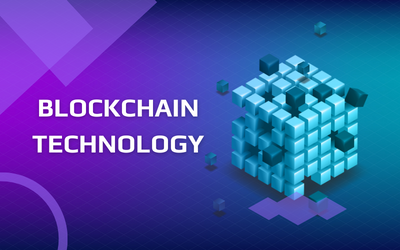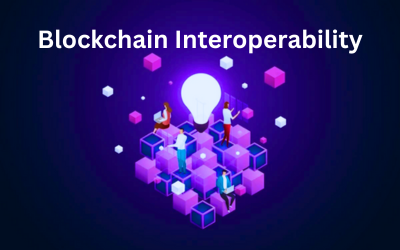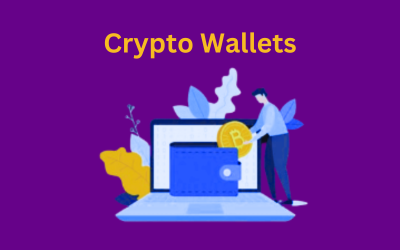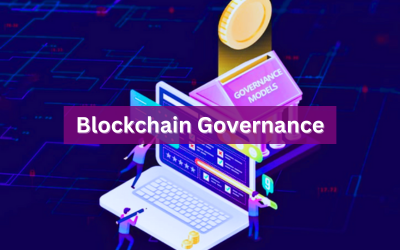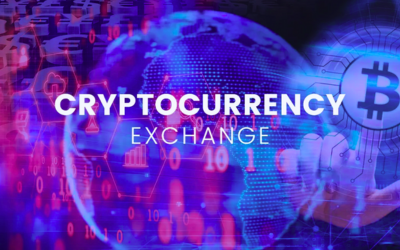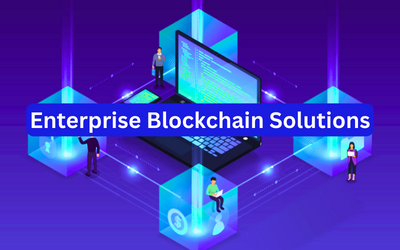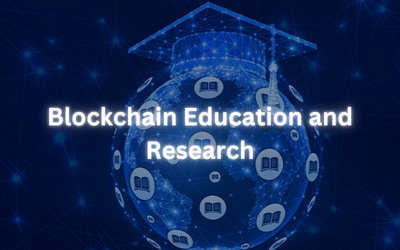Course description
What is blockchain
"Blockchain serves as a distinct network and data structure, representing a specialized configuration of interconnected computers and information. It functions as a decentralized ledger system, distributing this ledger across network nodes. Often termed as distributed ledger technology (DLT), blockchain operates as a database maintaining transaction records.
In contrast to conventional databases organized in tables, blockchain organizes data into limited-capacity units called blocks. Once a block reaches its capacity, it seals and links to the previous one, forming an unbroken sequence of blocks – the blockchain. This sequential growth occurs across the network's nodes, ensuring all nodes maintain an updated copy of the entire ledger in a decentralized manner."
What you'll learn
In the Blockchain Fundamentals course, you'll gain practical expertise in blockchain development with a focus on:
1. Exploring Ethereum Blockchain: Understanding the core concepts and functionalities of Ethereum's blockchain, a leading platform for decentralized applications.
2. Smart Contract Development: Learning to create, deploy, and interact with smart contracts, the self-executing digital contracts crucial for decentralized applications.
3. DAPP Development: Crafting decentralized applications using the principles of blockchain, enhancing your ability to build innovative and secure applications.
4. Private Blockchain Creation: Exploring the process of setting up private blockchains, understanding their benefits and implementation.
Moreover, the course will guide you through setting up your development environment on a clean Microsoft Windows system, ensuring a smooth learning experience.
The practical highlight involves creating a fully functional sample application. This application focuses on ensuring the secure and transparent tracking of product lifecycles for batches of food, leveraging the power of blockchain technology.
Furthermore, you'll delve into the intricacies of securely sharing information among collaborating parties within a blockchain context.
By the course's completion, you'll possess the skills necessary to independently develop blockchain contracts and distributed applications. Equipped with a functional development environment, you'll be prepared for sustained productivity in the blockchain development landscape.


